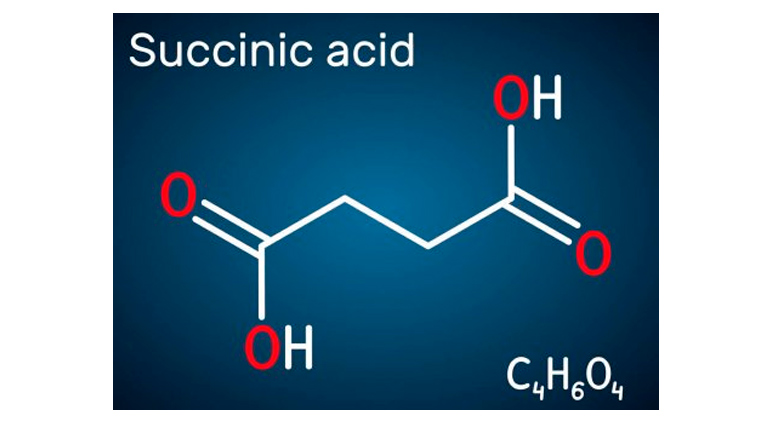TRL 4
Looking for a partner interested in a license and/or a collaboration agreement to develop and exploit this asset.
Fernández-Veledo, Sonia; Serena Perelló, Carolina; Vendrell Ortega, Joan Josep; Ceperuelo Mallafré, Victòria; Calvo Manso, Enrique
17.01.2018
PCT/EP2019/051157
Succinate is a metabolite produced both by both human cells and gut microbiota that acts as a proinflammatory stimulus regulating local stress, tissue damage and immunologic danger. Circulating succinate is elevated in obese and diabetic 2 patients and is linked to a specific gut microbiota signature, thus constituting a new metabolic node in the control of obesity-related inflammation. We aim to develop a probiotic-based intervention to improve obesity-related disorders by diminishing circulating succinate levels. We will also develop a succinate-detection kit as a companion diagnostic that will support the correct selection of the patients and their follow-up.

Obesity and type 2 diabetes are global challenges of epidemic proportions and need new multidimensional and personalized approaches
Obesity is a multifactorial disorder of epidemic proportions and its related co-morbidities call for a multidimensional and personalized treatment. Gut microbiota contributes to obesity, diabetes and related metabolic diseases. Indeed, gut dysbiosis is one of the major factors underlying the obesity-related inflammatory environment. However, probiotics are still not used within the common clinical practice. In a society where the demand for probiotics is sharply increasing, the science-driven identification and characterization of new probiotic strategies is needed to ensure their rational use and boost their implementation in the clinic.
The present invention comprises a kit to measure the ratio of succinate-producing bacteria to succinate-consuming bacteria, a diet intervention and a pharmacological or probiotic product directed at modifying the ratio of succinate-producing bacteria to succinate-consuming bacteria in order to improve metabolic profile of obese patients.
Obese and type 2 diabetic patients show elevated succinate levels and gut dysbiosis, which are major factors underlying obesity-related inflammation.
A probiotic intervention to improve obesity-related disorders by diminishing circulating succinate levels and a companion diagnostics kit to select and follow up patients
INSTITUT D’INVESTIGACIÓ SANITÀRIA PERE VIRGILI (IISPV)
CONSORCIO CENTRO DE INVESTIGACIÓN BIOMÉDICA EN RED (CIBER)
UNIVERSITAT ROVIRA I VIRGILI (URV)
Application